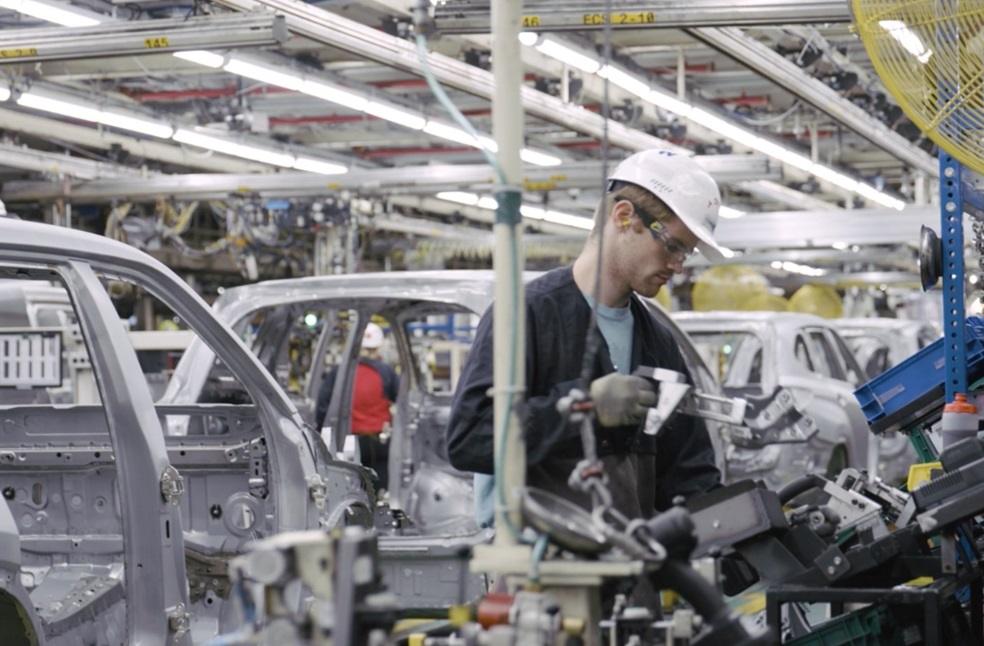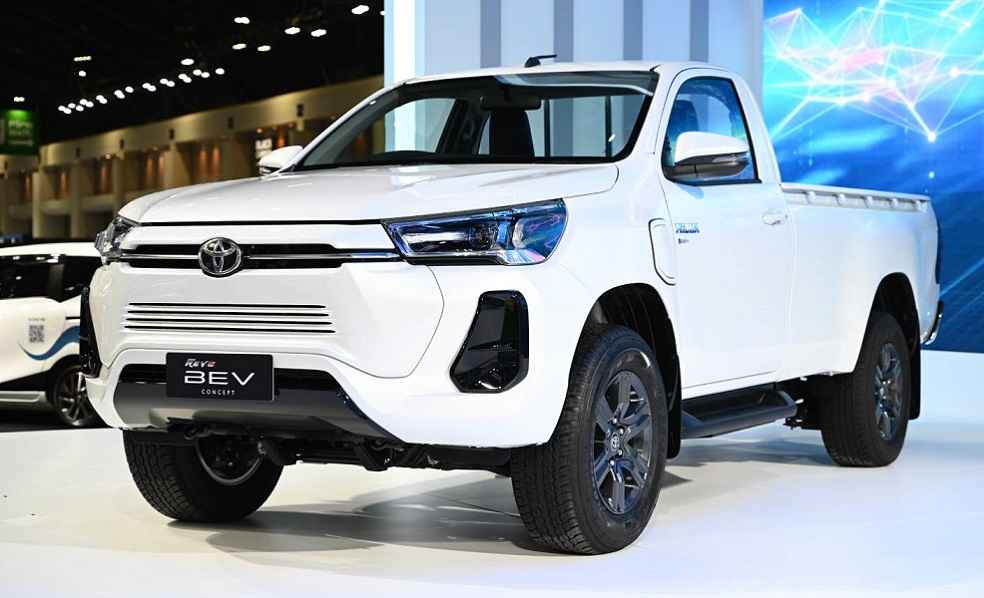Japanese carmakers Toyota, Honda, and Suzuki are collectively investing nearly $11 billion in India, signalling one of the largest foreign investment waves in the country’s automotive history.
The move underscores India’s emergence as a global manufacturing and export hub as automakers seek to diversify away from China.
India’s blend of cost efficiency, skilled labor, and favorable government policies has drawn unprecedented interest from Japan’s auto industry. Suzuki, which commands roughly 40% of India’s car market, will invest $8 billion to lift annual production capacity to 4 million vehicles.
Toyota is committing an additional $3 billion to expand hybrid component manufacturing and establish a new plant in Maharashtra. Honda is also aligning with the shift, planning to use India as an export base for its upcoming Zero Series electric car, set for release in 2027.

Japan’s investments in India’s transport sector have surged sevenfold since 2021, hitting 294 billion yen ($2 billion) last year, while funding to China has dropped by more than 80% during the same period.
Analysts link this shift to fierce price wars and declining profits in China’s EV market. “India offers better margins and fewer competitive pressures than China,” said Julie Boote of Pelham Smithers Associates.
Toyota aims to introduce 15 new or updated models in India by 2030, targeting a market share increase from 8% to 10%, with production capacity exceeding 1 million vehicles annually.
Suzuki intends to cement India as its global export base, leveraging Maruti Suzuki’s dominance in both domestic and overseas markets. “We would like to grow India as Suzuki’s global production hub,” stated company president Toshihiro Suzuki.
For Honda, India now ranks among its top three global markets alongside the United States and Japan. CEO Toshihiro Mibe confirmed the company’s intent to make India a key pillar of its global car strategy, with electric vehicles playing a central role.

Government incentives and restrictions on Chinese investments have further enhanced India’s appeal for foreign automakers. The country’s passenger car output reached 5 million units in the last fiscal year, with exports up 15%.
“India’s protectionist stance toward neighboring countries is a blessing in disguise for Japanese carmakers,” said Gaurav Vangaal of S&P Global Mobility.
Competition from domestic giants Tata Motors and Mahindra & Mahindra remains a challenge, particularly in the fast-growing SUV segment.
Still, Japanese automakers are betting on localisation, hybrid innovation, and long-term market integration to secure their foothold. Once seen as a secondary market, India is fast becoming the growth engine of Japan’s automobile industry.
GENERAL | Nissan to Slash Rogue SUV Production Over Nexperia Chip Shortage





